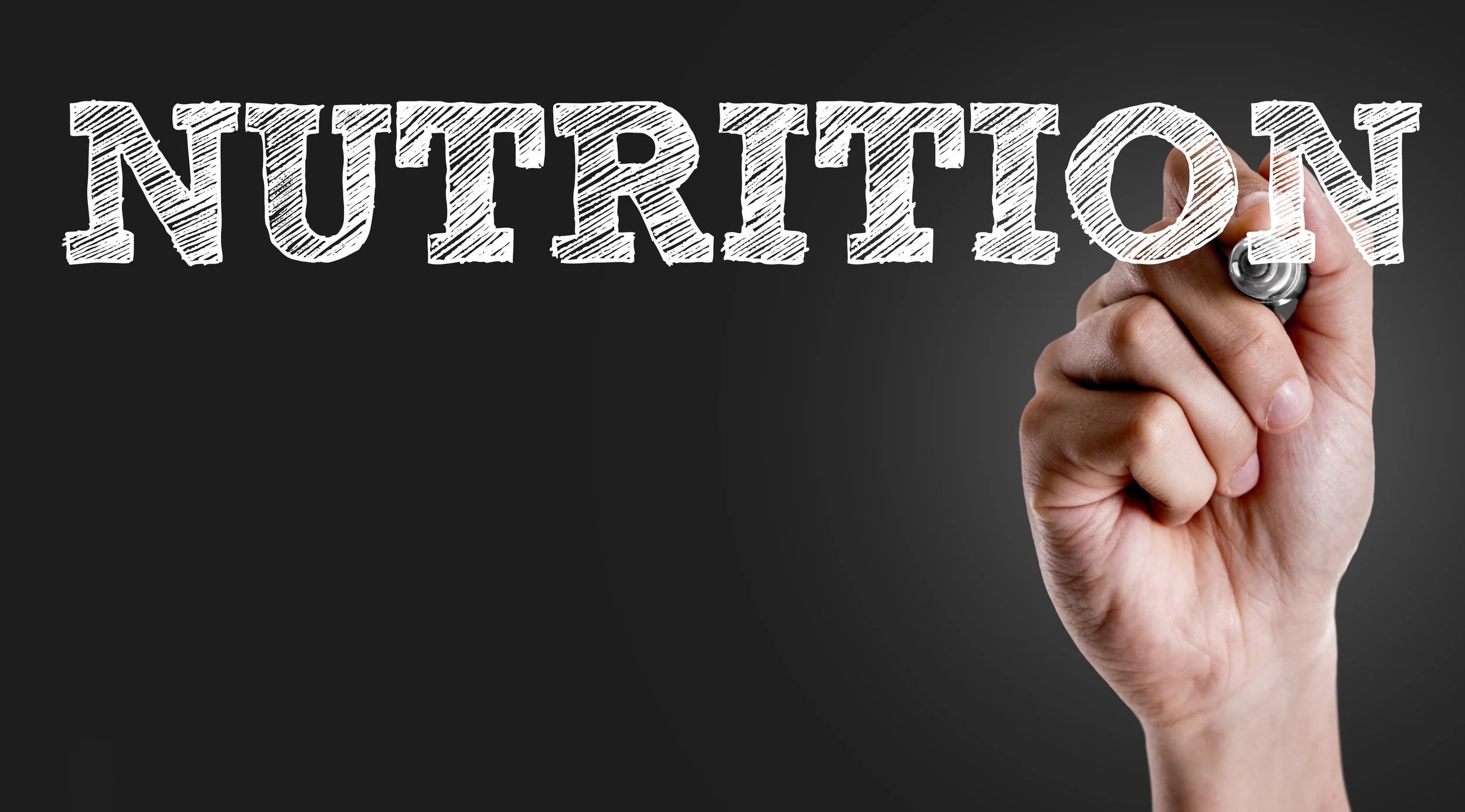Summer is coming...
You may be among the masses who are trying to make healthier lifestyle changes in order to reach a goal - perhaps it’s weight loss, muscle gain, or just an overall desire to be healthier from within.
As a fitness professional, I often find that my clients struggle with these three elements of nutrition: the quality of what they’re consuming, the quantity of what they’re consuming, and the timing of when they decide to fuel their bodies.
If just one of these is done incorrectly or inconsistently it can lead to a significant impact on your results. In order to have a healthier lifestyle, it’s important to honour the three elements of nutrition - read on to find out how you can master these principles in order to see more effective results.
Quality:
Feeding your body with high quality ingredients will make a huge difference to helping you stay on track. Cravings are born when the body is lacking vital nutrients and minerals, so by feeding your body with nutrient-dense foods, you’re taking the right steps to kick cravings to the curb and function at your best. Most people only see fast food as the unhealthy food group to avoid, but with the right packaging and marketing, any product can be disguised as a “healthy snack.” Even foods with the words “natural” or “healthy” can be laden with chemicals and processed sugars. I advise my clients to live by this simple rule, if you can’t kill it, pick it or pluck it, don’t eat it. It’s also a good idea to read the ingredients label - if you don’t recognise an ingredient, put it down and go for something you can understand. Avoid foods with added sugar or sodium. By following those guidelines you’ll be sticking to foods that have a a significantly smaller amount of additives or processed chemicals.
Quantity:
Restaurants deliver portions that are often double or triple what the average person actually needs in a meal. A side of hot chips at the average restaurant ranges between 600-900 calories - which is nearly a third of the average person’s recommended daily calorie intake. When we eat at home, we make far too much food and then are faced with two options: wastefully throw the leftovers away, or continue eating until there is a minimal amount left. In order to fuel your body correctly, you need to be mindful of how much food you’re eating. A helpful tip to keep you on track is to drink a full glass of water before every meal. When your body is well hydrated you may be less inclined to over eat. Remember to eat slowly and pay attention to how you’re feeling.
Stop eating when you’re full. If you find you are left with too much food at the end of your meals, learn to cook in smaller quantities. If you’re still hungry after your meal, you can always reach for a piece of fruit or a quick snack, like fruit or scrambled eggs.
Timing:
Timing is often tricky for people who are on the go. As a fitness coach, I am consistently told, “I don’t have time for breakfast” or, “I don’t have time to make a healthy lunch.” These kinds excuses aren’t going to help you to be your healthiest self. The trick is to make the time when it seems there isn’t any. Wake up 15 minutes earlier! Allow a quick food prep to become part of your morning routine! Do some online research to find some quick, healthy, make-ahead recipes to make sure you’re prepared to eat well. Another thing to consider is that routine is vital when trying to improve your nutrition. Aim to be consistent by eating breakfast, lunch, and dinner every day, no matter how busy things may seem. Nothing is more important that your own health. If you aren’t feeling your body, you can’t be expected to be your best for anyone else.
These three principles are vital to making sure you’re getting the most out of your new lifestyle. Aim to feed yourself well, in the right amounts, and at the right times and your results will be that much more impressive when summer rolls around.
